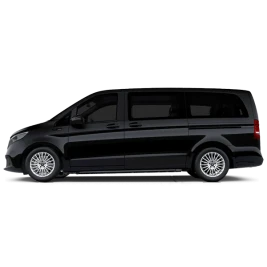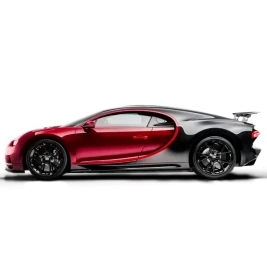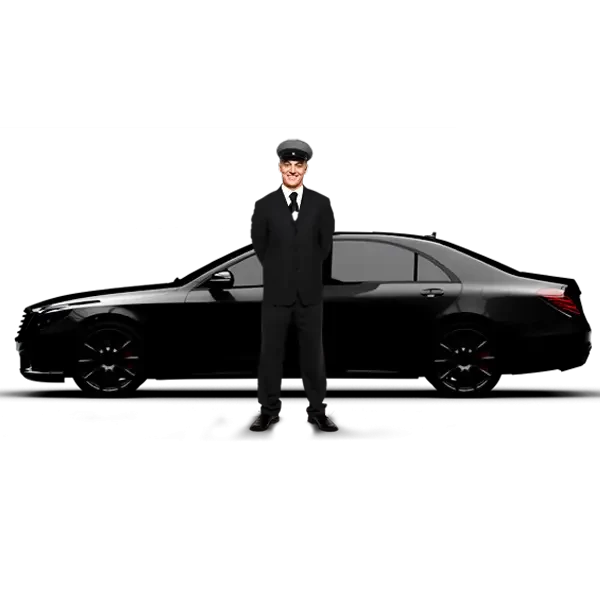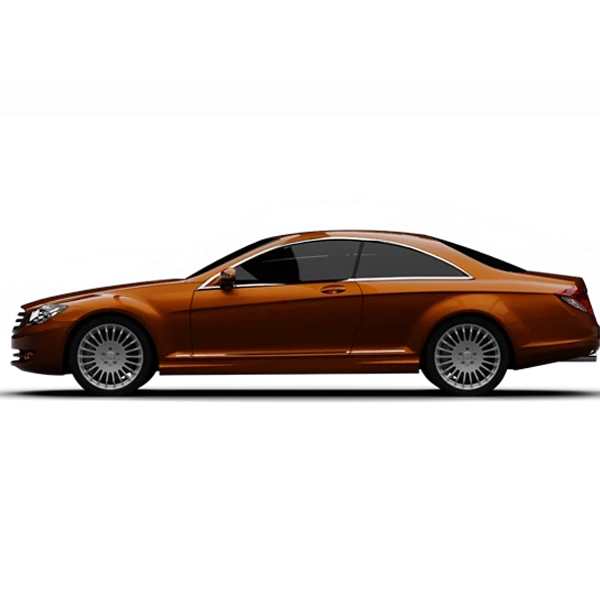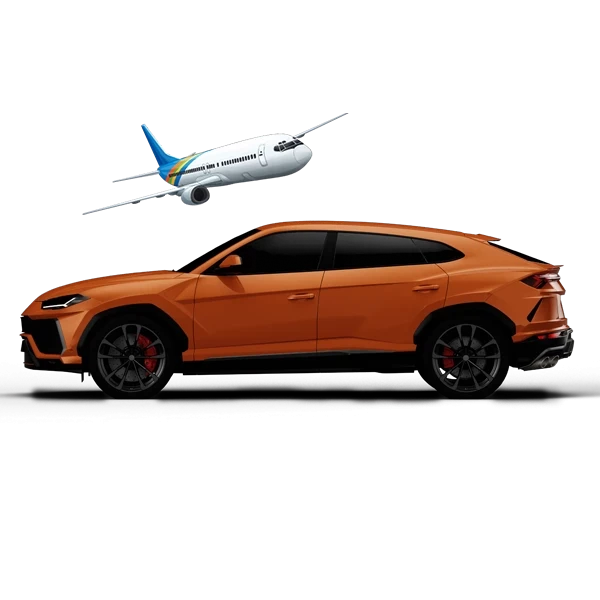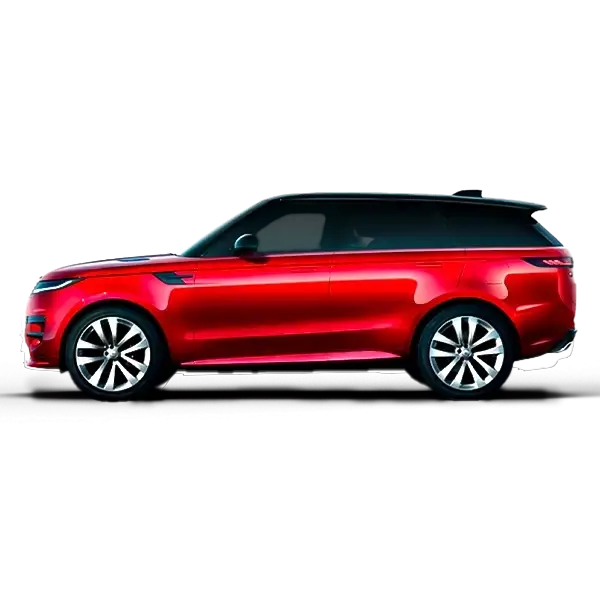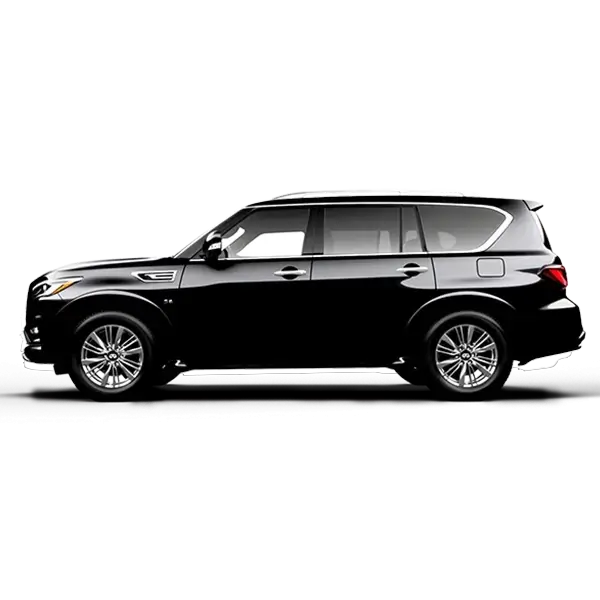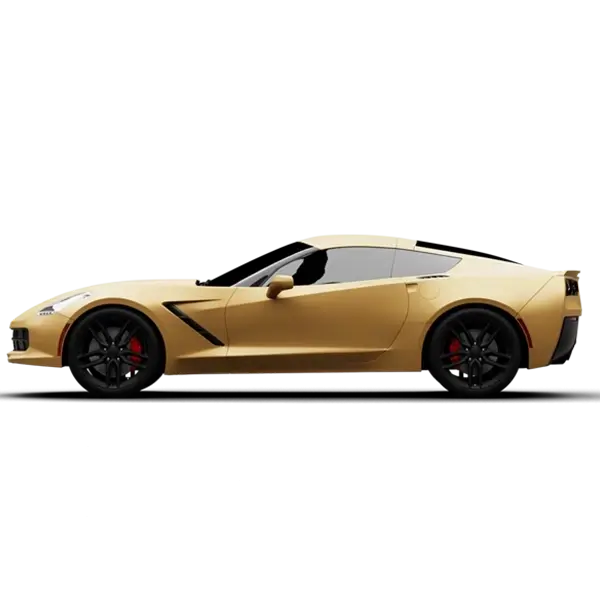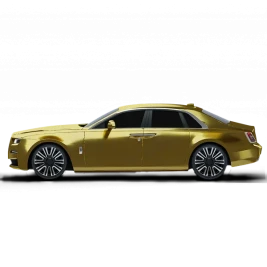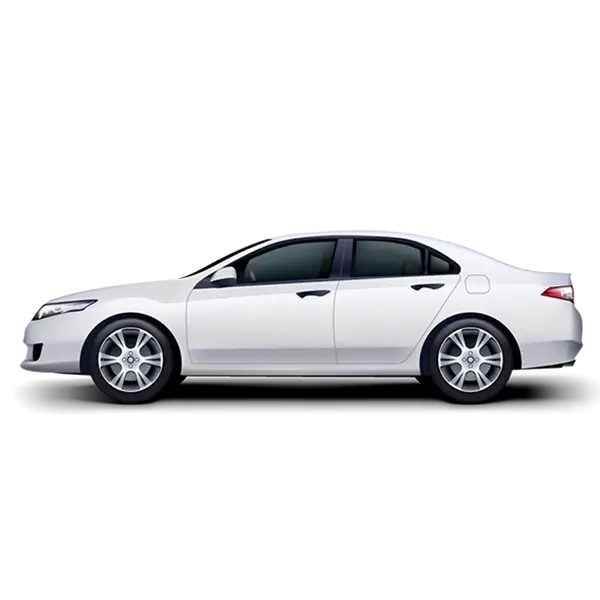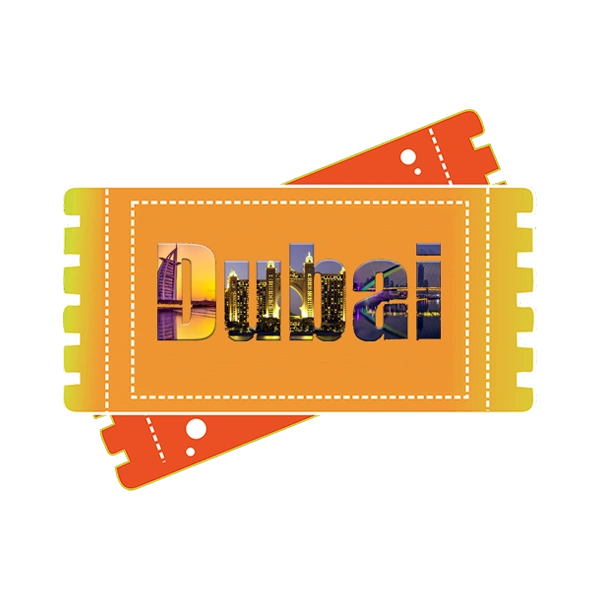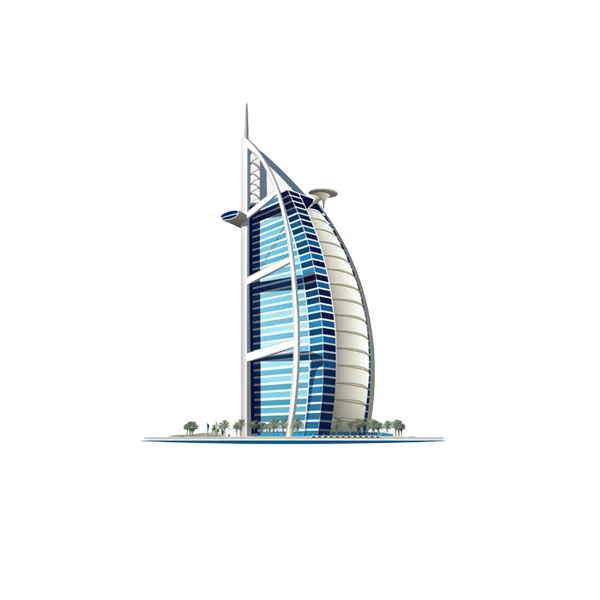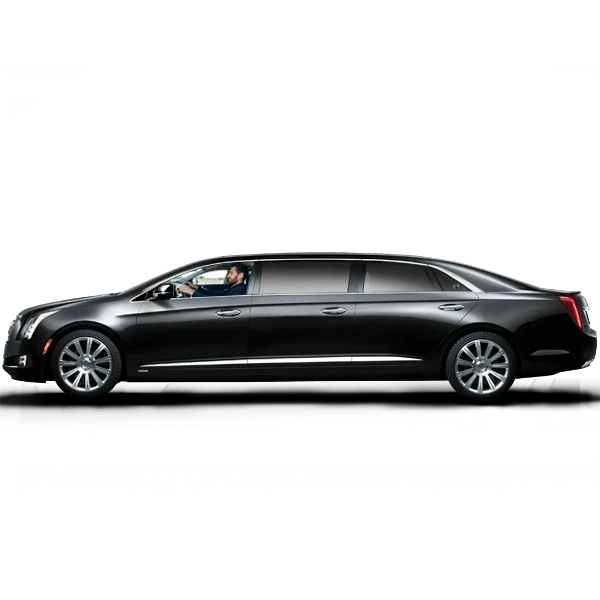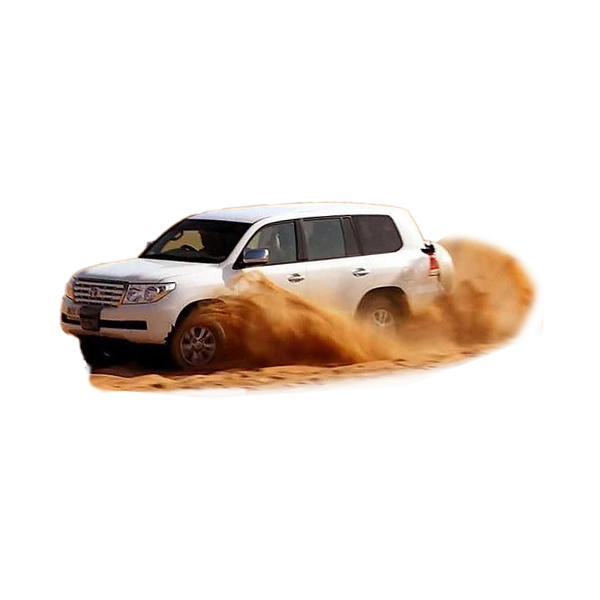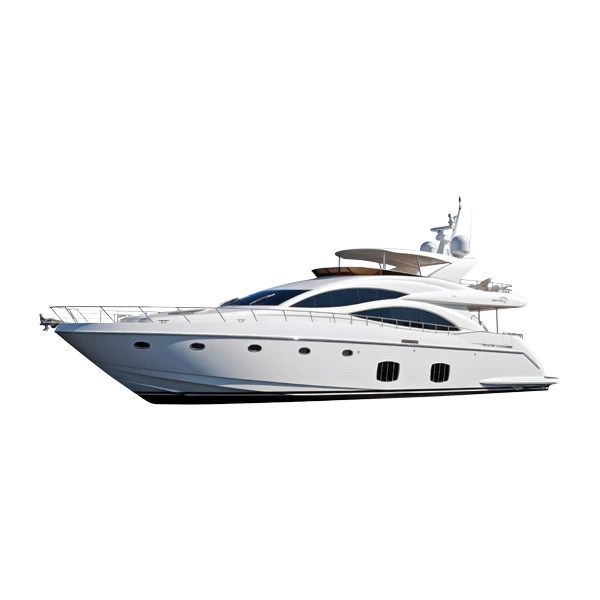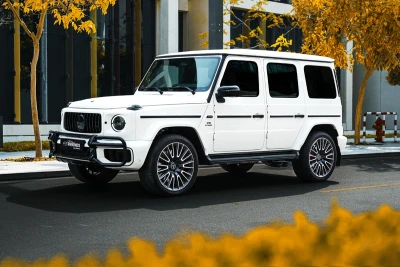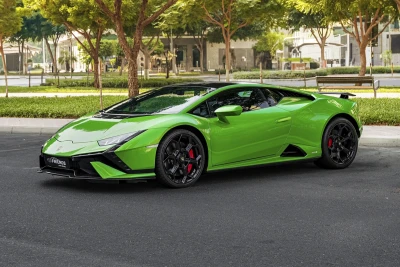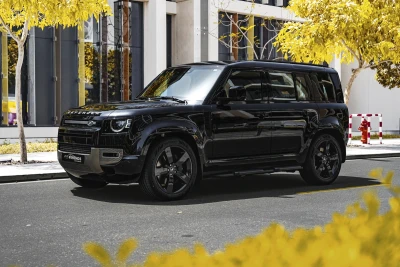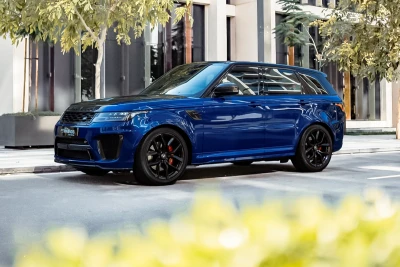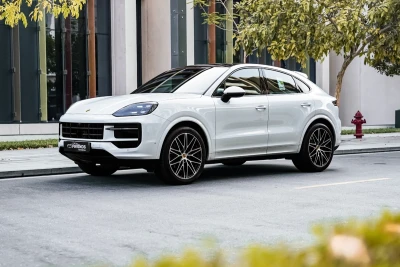Dubai Car Window Tint Laws, Types, & Percentages
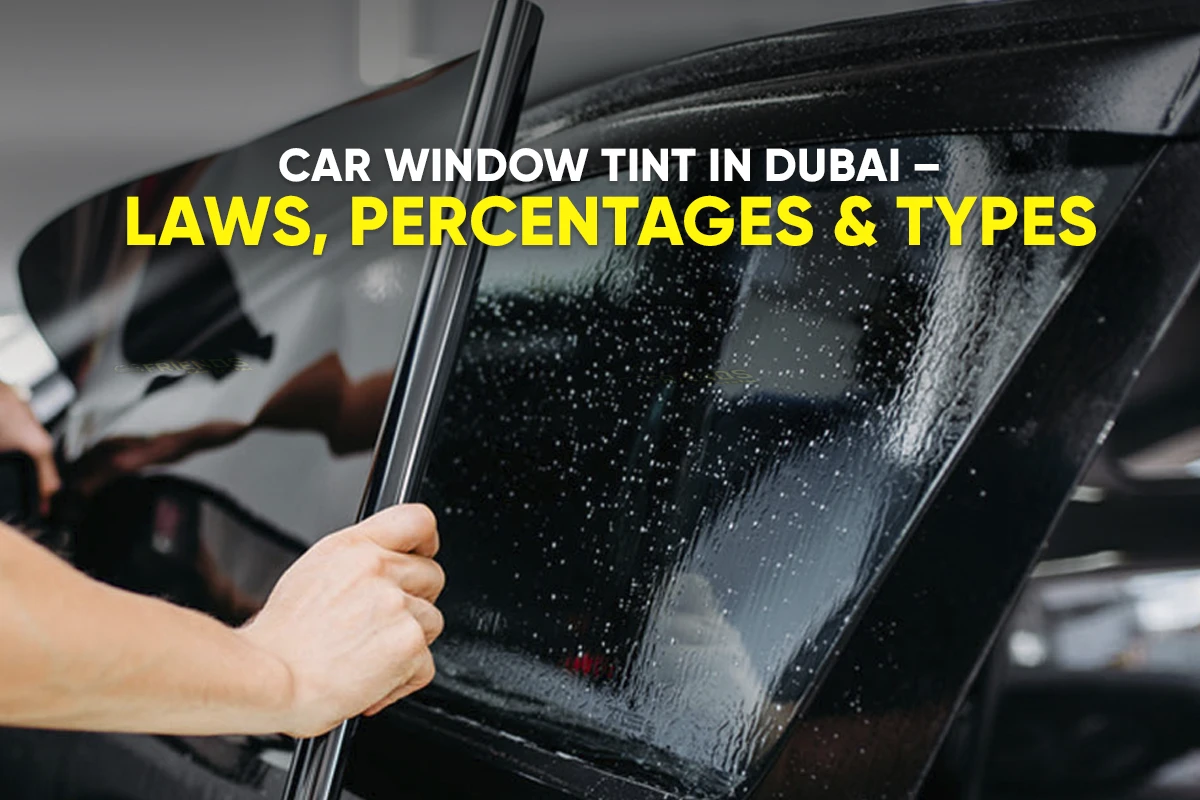
The UAE’s scorching summer heatwaves demand innovative ways to keep your car cool—window tinting is at the top of the list. The Dubai tint laws allow you to shade your vehicle's glasses, but do you actually know the actual legal limits? For your convenience, this post explores car window tint in Dubai, explaining the actual laws, types, percentages, and compliance tips. Whether you’re a new car owner or a mere information seeker, you’ll have an elaborate understanding of Dubai car window tints by the end. Let’s get started!
Dubai’s Window Tinting Laws
Tinting vehicle windows in Dubai is a necessity to ward off the sweltering heat, making it a legal requirement under the Emirates’ traffic laws. Let’s take a look at its legalities per the UAE Federal Traffic Law No. 21 of 1995, which was updated in 2017 (Ministerial Resolution No. 178).
Personal Cars: Front windshield must remain clear (except 15cm top strip); side and rear windows can be tinted within legal limits.
Fine for exceeding limits: AED 1,500 and possible 7-30 day impoundment.
Corporate Vehicles: Same tint rules as personal cars, but company-owned vehicles require RTA approval for compliance.
Non-Compliance Fine: AED 1,500 for violations.
Taxis: No tint allowed on any windows to ensure passenger visibility and safety.
Other Vehicles (e.g., Trucks, Buses): Tinting prohibited to maintain visibility.
Fine: AED 1,500 & impoundment possibility.
Exemptions: Medical or VIP exemptions are allowed with RTA approval. Carrying documentation to avoid fines is mandatory.
Note: For impounded cars, there is a different set of rules for retrieval, which is clearly explained in this article: What to Do If Your Car Gets Towed in Dubai?
Tint Percentages Explained
Having understood Dubai’s tinting laws for different types of vehicles, learn about the tint percentages the UAE Federal Traffic Law outlines for private car owners. You must understand the term VLT (Visible Light Transmission). It's a term that indicates light passing through a window. It’s baseline principle: (higher VLT = lighter tint).
Front Windshield: Must maintain at least 70% VLT. This basically means no tint, except for a non-obstructive strip up to 15 cm at the top of the windshield. It is mandatory for clear views of the road and surroundings for drivers, especially at night or in times of low visibility.
Side Windows (Front and Rear): As per the updated UAE traffic law, the maximum allowed tint is 50%, meaning the windows must have a minimum of 50% VLT. This rule applies to both the front side windows (driver and passenger) and the rear side windows. It promotes the required visibility while still providing significant heat protection.
Rear Windshield: The rear windshield is also subject to the same rule, with a minimum of 50% VLT required. This allows for a balance of privacy and heat reduction while maintaining the driver's rear visibility.
Types of Window Tints in Dubai
After learning about Dubai car window tint laws and percentages, let’s navigate through the types of window tints allowed by the Dubai traffic regulations.
Dyed Tint: It’s an affordable tint, usually good for privacy, offering moderate heat reduction. Most commonly used in the UAE.
Ceramic Tint: This is a premium-quality tint, which blocks 99% UV rays and has no signal interference (e.g., 3M Crystalline). It’s also equally popular among car owners.
Carbon Tint: It is a durable tint type, offering good heat/UV protection, with non-reflective components. This tint is gaining popularity among modern car owners.
Metallic Tint: While it offers effective heat rejection, it may disrupt GPS/radio signals. This is probably the least common tint among car owners in Dubai.
Note: Dubai traffic laws clearly outline that any reflective tint (mirrored tints) are illegal, as they may cause hazards due to glare in the sun.
Tips to Stay Compliant and Save Costs
While Dubai traffic laws allow tints on private vehicles, you should make sure you’re compliant with the explicitly laid-out types and percentages at all times. This requires proactive approaches and mindful considerations, which are beautifully outlined in these pro tips.
Always rely on reputable car workshops in Dubai, like 3M and RAS Auto Care for tinting services. They ensure your tints comply with the UAE’s latest car window tint limits and percentages, ensuring you stay off the traffic fines.
Don’t DIY tints, especially if you’re not a professional. Professional applications ensure durability and optimal results. It not only saves you from fines but also from extra costs due to untimely damages.
Make sure you have your car washed at top-rated workshops, as they know how to take care of the window tints. If you’re washing it yourself, you must use soft cloths and mild detergents.
If possible, always park your car inside or in shaded areas. This prolongs the lifetime of your tints. Furthermore, mitigate the chances of being hit by someone else while parking.
Important Note: Understand that window tinting jobs don’t come cheap in the UAE. Expect AED 200-3,000 based on car size and tint type. Typically, sedans cost around ~AED 850 while SUVs ~AED 1,200.
Conclusion
Tinting car windows in Dubai is legal, unlike in some other parts of the world, as it’s a necessity rather than a luxury or privacy issue. However, the UAE has specific outlines that everyone must follow to stay compliant. To enforce these regulations, the authorities strictly impose fines and even impound your vehicles. Fundamentally, it’s not for revenues, it is for your safety and others on Dubai roads. Seek professionals for tint services and stay clear of fines and additional costs, ensuring a seamless car window tint experience in Dubai.
Written by: FriendsCarRental
Published at: Fri, Jun 27, 2025 11:35 AM
Leave a Reply
Your email address will not be published. Required fields are marked *
Car Rental in Dubai
AED 2500
DAY
AED 0
MONTH
-
 SUV
SUV -
 4 Doors
4 Doors -
 5 Seats
5 Seats
- 1 Day Rental Available
- Deposit: Not Required
- Insurance Included
AED 5500
DAY
AED 0
MONTH
-
 Sports
Sports -
 2 Doors
2 Doors -
 2 Seats
2 Seats
- 1 Day Rental Available
- Deposit: Not Required
- Insurance Included
AED 1200
DAY
AED 0
MONTH
-
 SUV
SUV -
 4 Doors
4 Doors -
 5 Seats
5 Seats
- 1 Day Rental Available
- Deposit: Not Required
- Insurance Included
AED 1600
DAY
AED 0
MONTH
-
 SUV
SUV -
 4 Doors
4 Doors -
 5 Seats
5 Seats
- 1 Day Rental Available
- Deposit: Not Required
- Insurance Included
AED 1500
DAY
AED 28500
MONTH
-
 SUV
SUV -
 4 Doors
4 Doors -
 5 Seats
5 Seats
- 1 Day Rental Available
- Deposit: Not Required
- Insurance Included

 عربي
عربي
 English
English
 Français
Français
 Русский
Русский
 中国人
中国人
 Nederlands
Nederlands
 Española
Española
 Türkçe
Türkçe
 Italiana
Italiana
